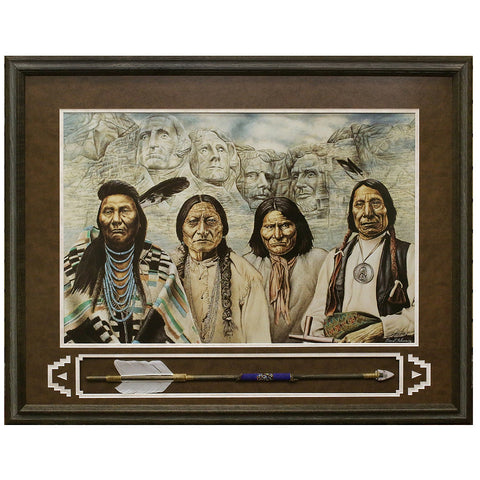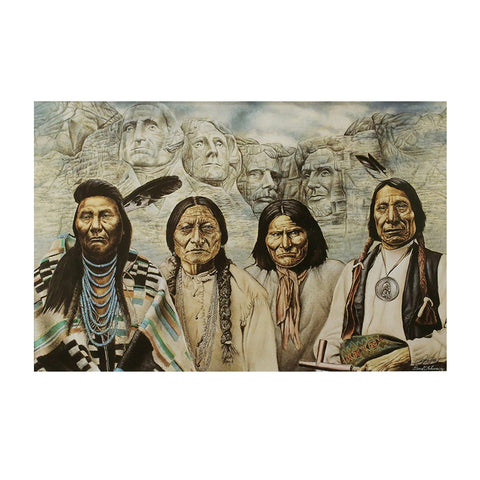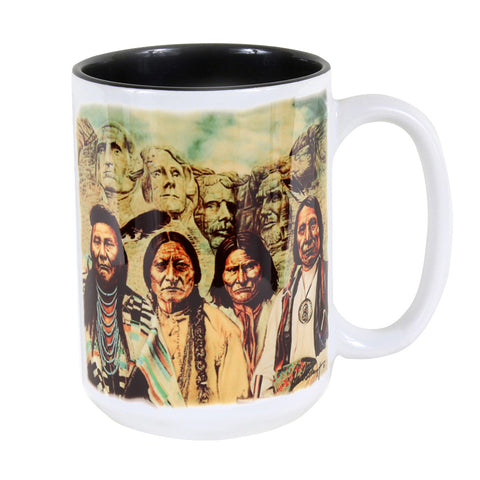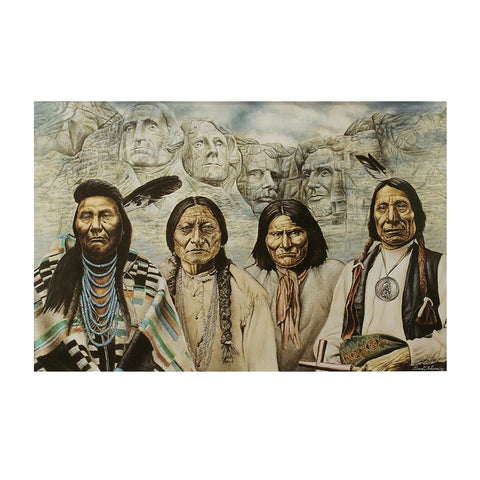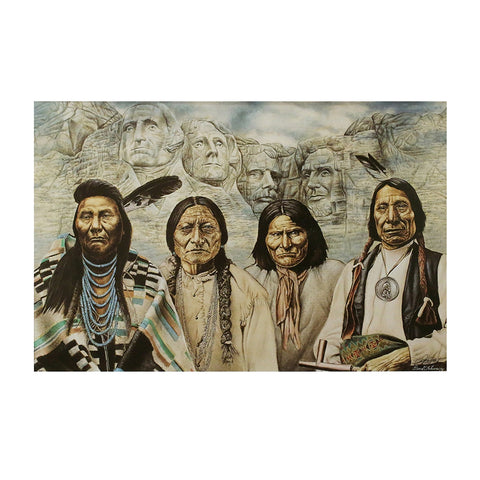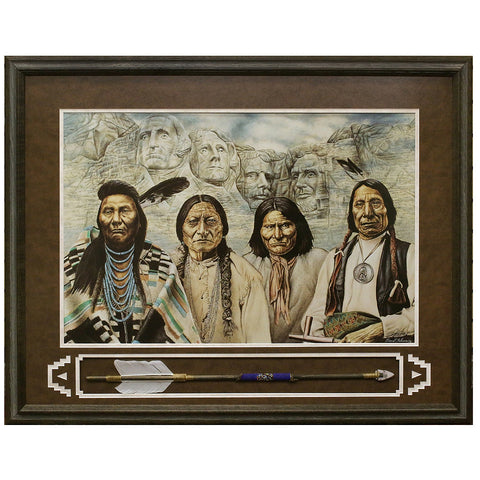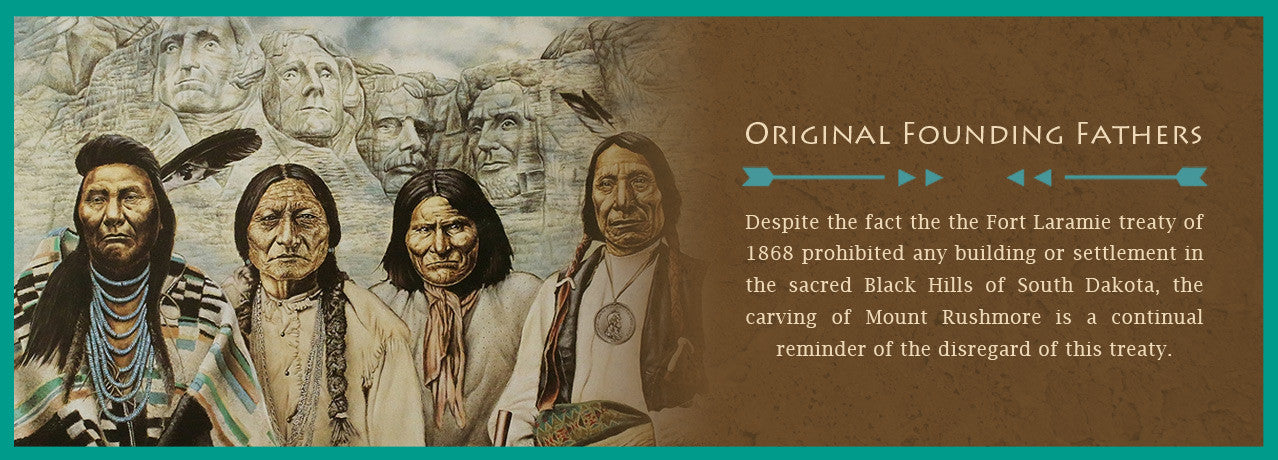
Original Founding Fathers
The term "founding fathers" can be traced back to most of our adolescent years when our social studies teacher used it to define the early presidents and their various documents that forged and formed this great and powerful nation we live in today. What we weren't taught was that before the first American president there was already a system and order decreed by renown Native American elders and chieftains.
Chief Joseph for example lived a life that personified his courageous beliefs. Joseph, a Nez Perce, grew up in Oregon's Wallowa Valley, a region that his ancestors occupied for centuries. In 1874 the U.S. government ordered his people to resettle in Idaho. In the month of June 1877, Joseph began leading his people to Idaho in peace, but on the way found himself confronted by some hostile whites. Gunfire was exchanged which eventually escalated to an all out war with the United States. For 1,800 miles Chief Joseph courageously led 800 men, women and children to a Canadian refuge but was pursued closely by the U.S. Calvary. Ambushed only 42 miles from their destination and with only 418 of his survivors he bellowed this unforgettable lament, "I will fight no more forever."
Sitting Bull, a Hunkpapa Sioux, was not only known as a great warrior but a skilled hunter as well. Being a respected Sioux leader, one of his main objectives was to feed his people and lead them to the ever changing migrating buffalo herds. As he strove to fulfill his role, he was met by much resistance from the U.S. government. Eventually his zeal to make a way for his people met its fiercest opponent in General George Custer that soon took its toll resulting in the near extinction of the buffalo.
Geronimo, a Chiricahua Apache, was as famous a figure as they come in the history of the West. Elusive and crafty, he was feared by all those who pursued him. Cynical of the corrupt Indian agents he dealt with, he determined in his heart not to surrender inevitable fruit of warfare being loss of loved ones and family, Geronimo seemed to have an inexhaustible appetite for vengeance. Eventually after many failed attempts Geronimo and his "renegade" band were finally captured and he was sent to a Florida Jail as a prisoner of war.
Red Cloud, an Oglala Sioux, wanted nothing more than to see his people flourish and to see their rights justly protected. He startled his white contemporaries at government councils with his sincerity and boldness and was revered on the battlefield as a first rate military strategist. In one of the most stunning victories in the Indian Wars, Red Cloud assembled a force of 2,000 Sioux, Cheyenne, Arapaho to drive the U.S. Army away from their territory which was located west the Black Hills. He spent his whole life tenaciously fighting to defend Sioux homeland that rightfully belonged to him and his people.
If the term "founding fathers" was properly defined for us a young people it would first apply to the many Native American leaders who fought so valiantly to preserve their people's way of life. A way of life where land was not something to be bought or sold, but instead was a gift to be governed by good and humble stewards.

